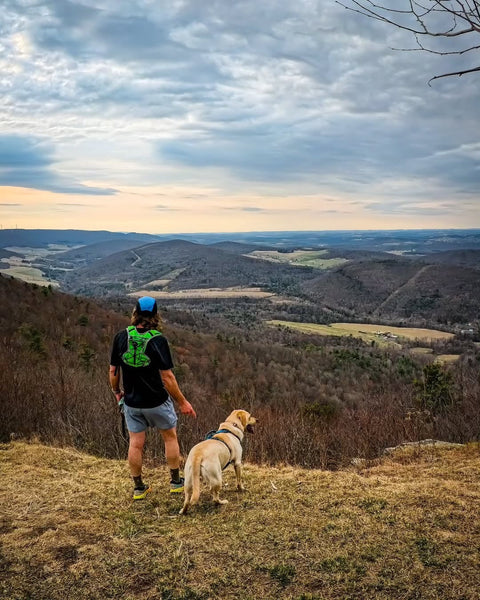Hitting the trails for a hike is a fantastic way to connect with nature, get some exercise, and explore new landscapes. Whether you're planning a short afternoon trek or a full-day adventure, having the right gear in your hiking bag is crucial for safety, comfort, and enjoyment. So, what are the absolute must-haves? Let's break it down.
The Essentials
Don't Leave Home Without These
Navigation
Even on well-marked trails, it's essential to have a way to know where you are. A map and compass are reliable, low-tech options. Consider bringing a fully charged GPS device or phone with a GPS app, but remember that batteries can die, so a map and compass are vital backups.
Headlamp or Flashlight
Unexpected delays can happen, and you don't want to be caught in the dark without a light source. Pack a headlamp to keep your hands free, along with extra batteries.
First-Aid Kit
Be prepared for minor injuries. Your kit should include bandages, antiseptic wipes, pain relievers, blister treatment, any personal medications, and perhaps a small multi-tool.
Sun Protection
Even on cloudy days, UV rays can be harmful. Pack sunscreen, sunglasses, and a hat to protect yourself from the sun.
Extra Food
Pack more high-energy snacks than you think you'll need. Trail mix, energy bars, nuts, and dried fruit are great options. Unexpected delays or increased exertion can leave you hungry.
Extra Water
Staying hydrated is paramount. Carry enough water for your planned hike. Consider using a hydration reservoir or water bottles. For longer hikes or areas with limited water sources, know how to purify water.
Extra Layers of Clothing
Weather conditions can change rapidly, especially in the mountains. Pack extra layers like a lightweight rain jacket, a fleece or insulated layer, and perhaps a hat and gloves, even in warmer weather.
Repair Kit and Tools
A small multi-tool can be incredibly handy for minor gear repairs. Consider including duct tape and cordage.
Fire Starter
In case of emergency, having a way to start a fire (waterproof matches, lighter, fire starter cubes) is essential.
Shelter
For longer hikes or in case you get stranded, carry a lightweight emergency shelter like a bivy sack or a space blanket.
Beyond the Basics
Depending on the length, difficulty, and location of your hike, you might also consider bringing:
-
Trekking Poles: These can help with balance and reduce strain on your knees, especially on steep or uneven terrain.
-
Insect Repellent: Protect yourself from bites, especially in wooded areas.
-
Toiletries: Pack hand sanitizer, toilet paper (in a waterproof bag), and a small trowel for burying waste.
-
Bear Canister or Food Bag: If hiking in bear country, know how to properly store your food.
-
Camera and Binoculars: To capture the beauty of your surroundings.
Comfort and Convenience
While not strictly essential, these items can enhance your hiking experience:
-
Comfortable Hiking Shoes or Boots: Proper footwear is key to preventing blisters and injuries.
-
Hiking Socks: Wool or synthetic socks help wick away moisture.
-
A Comfortable Backpack: Choose a pack that fits well and can carry all your gear comfortably.
When it comes to carrying all your essential gear, the Orange Mud Adventure Pack 20L 3.0 is an excellent companion for any hiking enthusiast. This versatile pack is designed for big distances and offers unmatched stability. With an adjustable capacity of 15 to 21 liters and a load-leveling system, you can comfortably carry everything you need without the distraction of a bouncing pack, no matter the ruggedness of the trail. Featuring smart storage with front chest pockets, side access, trekking pole attachments, and an organized interior including a 2L HydraPak bladder, the Adventure Pack 20L ensures that every essential is within reach, allowing you to focus on the beauty and challenge of your hike.
By packing the right essentials and choosing a reliable backpack like the Orange Mud Adventure Pack 20L 3.0, you'll be well-prepared for a safe, comfortable, and enjoyable hiking adventure. Happy trails!

